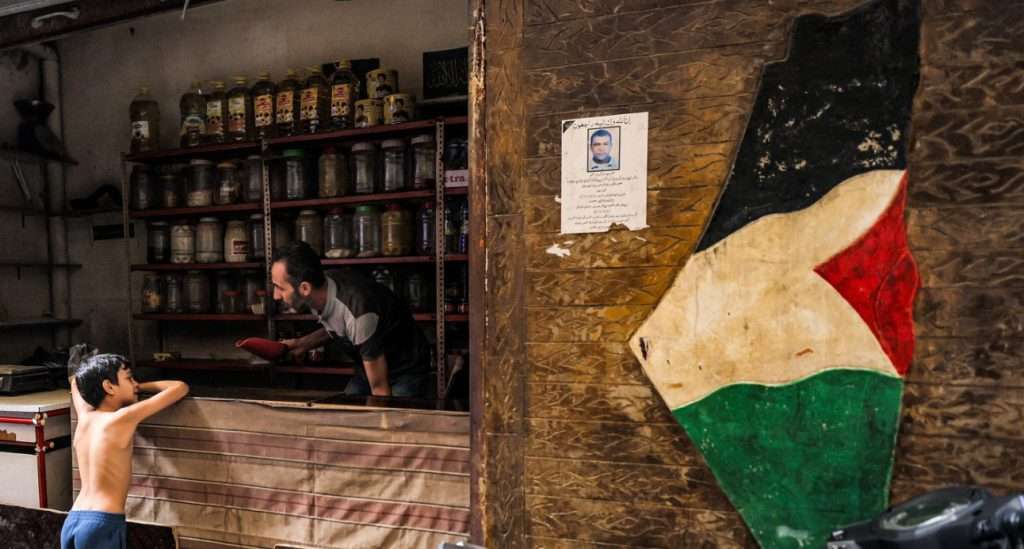Lebanon’s call to disarm refugee camps met with opposition

In his first visit to Lebanon in nearly a decade, Palestinian Authority President Mahmoud Abbas prioritised disarmament within Lebanon’s overcrowded Palestinian refugee camps, The New Arab reported on July 1st.
Although the proposal initially faced skepticism due to the lack of a concrete implementation plan, the Lebanese officials, President Joseph Aoun and Prime Minister Nawaf Salam, continue to regard disarmament as a key national aim.
The recent shifts in Lebanon’s political landscape, marked by Aoun’s election and Salam’s appointment as prime minister, have escalated efforts to centralise control over weapons.
Aoun has committed to enforcing the state’s monopoly on arms, a goal further complicated by Hezbollah’s withdrawal from southern Lebanon following a ceasefire agreement with Israel.
In this context, Hamas’ Lebanon branch expressed willingness to confer about disarmament, on the condition that discussions also address Palestinian rights, including the right of return. Reportedly, the agreement mediated by Abbas did not meet these critical conditions.
Palestinian refugees in Lebanon remain cornered in an uncertain legal and social status. Despite residing in Lebanon for generations, they lack citizenship and face significant restrictions, including bans on land ownership and exclusion from more than thirty skilled professions such as medicine, law, and engineering.
United Nations Relief and Works Agency for Palestine Refugees in the Near East (UNRWA) data from 2023, reports that 80% of Palestinian refugees in Lebanon lived below the poverty line during that time – an issue which has been exacerbated by recent conflicts.
Sociology professor and director of the Center for Arab and Middle Eastern Studies at AUB, Sari Hanafi, spoke of the systemic marginalisation of Palestinians in Lebanon, noting that many everyday activities within the camps, even operating small businesses, are technically illegal.
Hanafi argues that disarmament, if pursued in isolation, fails to address the underlying humanitarian issues affecting the Palestinian community.
Historical trauma continues to shape Palestinian perceptions of disarmament. Many recall the 1982 Sabra and Shatila massacre. Mahmoud Abu-Loz, a member of the Fatah Youth Council in the Shatila refugee camp, emphasised the deep mistrust toward Lebanese authorities. He said: “Our weapons are our last means of protection. If we lose them, how do we protect ourselves from those who don’t like Palestinians in Lebanon?”
This complex situation underscores the challenge of addressing security concerns in the region, while simultaneously ensuring the rights and welfare of Palestinian refugees in Lebanon.
The New Arab, Maghrebi.org
Want to chase the pulse of North Africa?
Subscribe to receive our FREE weekly PDF magazine













